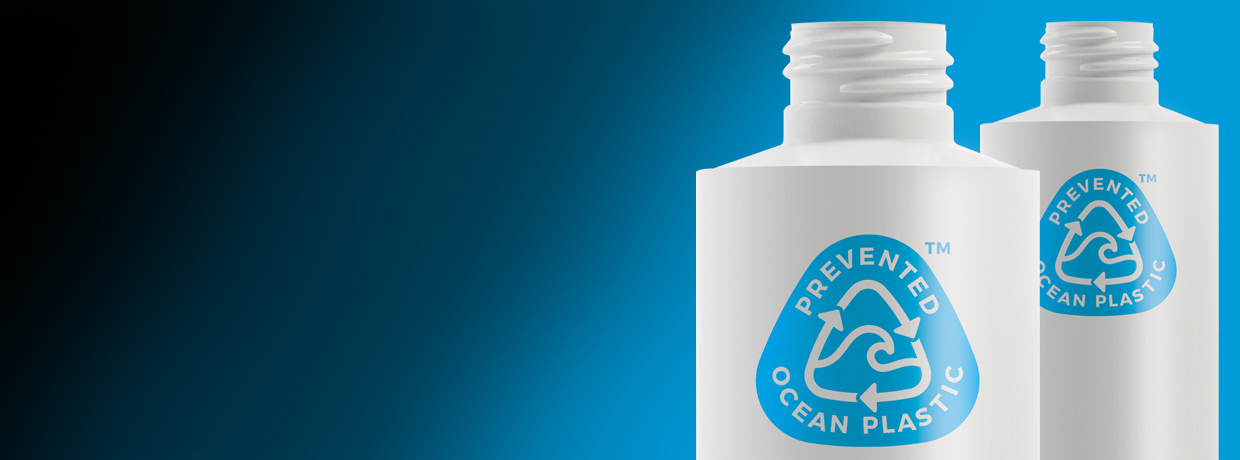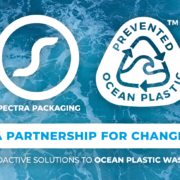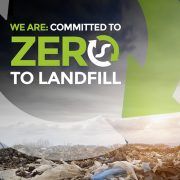As with our existing recycled POP PET, unveiled in September 2022, our recycled POP HDPE offering delivers improved clarity, cleaner colours, reduced inclusions, and exceptional quality courtesy of the programme’s meticulous collection and sortation processes.
Furthermore, all these benefits come at no extra cost to customers.
As well as enormous environmental advantages, Prevented Ocean Plastic provides substantial socio-economic benefits, carefully built to help coastal communities in developing regions such as Southeast Asia, South America, the Galapagos Islands, the Mediterranean and Central America & Caribbean.
The POP programme finances and supports bottle collectors, collection centres and local recyclers at the forefront of ocean plastic waste with consistent and reliable funding of up to $100,000. everyday
The scale of the problem
Earlier this year, Prevented Ocean Plastic partnered with the University of Georgia to fund new research to broaden its understanding of how litter on land makes its way to our oceans.
The research entitled “Inland Litter Hydrodynamics: Characterising the Litter Transport during Wet Weather Events in Communities’ will help stakeholders and community leaders identify the scale and type of plastic coming into their community. The study will also show how it is managed and provide information on what leaks into the environment.
Studies suggest that 11 million metric tonnes of plastic annually enter the ocean, with estimates predicting a continuation of the current trajectory resulting in an ocean plastic flow rise of 29 million metric tons annually.
This sobering statistic shows why solutions such as those provided by the Prevented Ocean Plastic programme are vital in curtailing the amount of plastic waste entering our oceans and waterways.
Indeed, thus far, the POP programme is proven to divert over 1000 tonnes of plastic from entering the ocean every month whilst supporting local community collection schemes in developing nations without robust and established infrastructures.
Jonathan Powell, Sales Director at Spectra, said, “With an exciting possibility to widen our commitment to include all our recycled bottle manufacturing, we aim to increase this impressive figure even more, making a significant difference in the fight against environmentally harmful ocean plastic pollution”.
Jonathan, along with colleagues Gavin Chenery (Commercial Director), Alex Beveridge (Business Development Manager), recently travelled to Indonesia to see the scale of the problem. The visit showed the POP programme’s positive impact in supporting at-risk regions with little or no waste management infrastructure.
He said, “This has been an amazing opportunity to experience first-hand the depth of the problem facing developing countries like Indonesia. It was truly humbling to meet everyone involved – from frontline collectors to sorters and recyclers and everyone in between”.
He added, “The Prevented Ocean Plastic programme is making a genuine difference to the environment and the quality of life of those involved in recycling. I’m incredibly proud of the small part we at Spectra and our customers have played in supporting this programme”.
The impact of Spectra’s move to POP in September 2022 cannot be underestimated. Since introducing the material into our rPET supply we have brought in over 320 tonnes of the material, which equates to nearly 13 million plastic bottles recovered from at-risk coastal regions.
*Unlike our change to Prevented Ocean Plastic recycled PET, where there is little to no manufacturing waste, the extrusion blow moulding process produces up to 30% excess waste. In line with our Reduce, Reuse, Recycle and Zero to Landfill commitments, Spectra re-granulates and reuses these waste materials. As a result, reground materials will include some kerbside collected materials until stocks eventually deplete.





